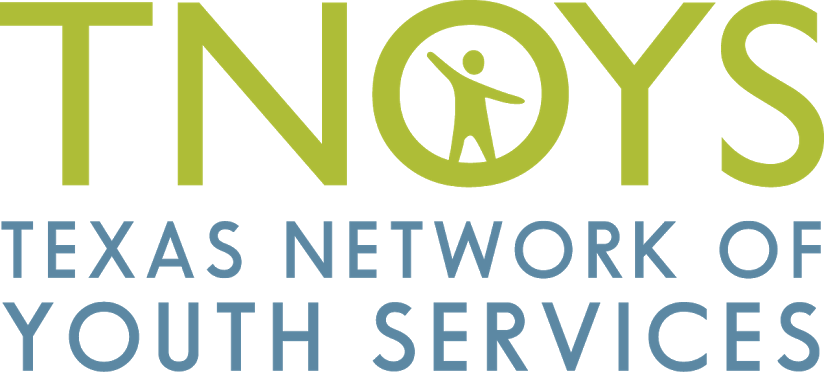Back-to-school can be a challenging time for Texas’ most vulnerable students. This year, the coronavirus pandemic means that many youth are facing new or intensified challenges as they resume classes, including housing and food insecurity, mental health challenges, and difficulty with remote learning.
Recently, TNOYS sat down with two organizations supporting youth in both high school and college to learn more about their back-to-school plans. In conversations with staff at CIS Coastal Bend and Texas A&M’s SIL program, we learned more about how youth services providers are helping youth progress academically during COVID-19.
Providing normalcy and stability for youth in high school
Communities in Schools (CIS) Coastal Bend is a TNOYS member that operates across 16 school districts in southeastern Texas. Like other CIS programs, Coastal Bend is a dropout prevention program that mainly serves youth who are experiencing homelessness or at risk of becoming homeless. Executive Director Gloria Taylor explained that the coronavirus outbreak set off a series of challenges for families, many of which put youth at risk of disengaging.
As Gloria explained, “At the same time that families were facing layoffs, youth were no longer able to rely on meals in school… in addition to losing jobs, families were expected to still keep the electricity on, get wi-fi, and get an electronic device so their kids could finish school”.
When classes went remote in March, CIS Coastal Bend had to get creative with their strategies to support youth and keep them engaged. Fortunately, they were able to use remaining grant funding earmarked for Hurricane Harvey response to help youth affected by the pandemic. These funds provided families with gift cards, and utility payment help, and also funded staff time for in-person “porch visits”.
As school starts up again, a big priority for CIS Coastal Bend is addressing mental health challenges that have intensified over the summer. Stress and anxiety will likely impact student engagement, and CIS Coastal Bend is working on several creative solutions. In collaboration with school districts, they have introduced virtual “calming rooms” to give youth space to take care of their mental health. Other initiatives include continuing with in-person visits, and connecting youth with homeless liaisons — a topic that will be covered in-depth at this year’s Texas Education for Homeless Children and Youth Program Summit, hosted by TEA and TNOYS.
Helping youth on their path to higher education success
Looking ahead, Gloria is concerned that this crisis will impact the higher education plans of many young people. As family members lose jobs, many youth are postponing college and training plans in favor of working full-time to support loved ones.
Jessica Spahr, who operates the Supervised Independent Living (SIL) program at Texas A&M University Corpus Christi, echoes Gloria’s concerns— for her, it is crucial that youth who have already begun college have the support they need to stay on track. SIL is a type of voluntary extended foster care placement where young people live on their own, while getting support services to help them become independent and self-sufficient.
For the past several months, a big challenge for Jessica has been helping the young people she works with access food, cleaning, and hygiene supplies, when some don’t have a car. Fortunately, youth had many resources available to them over the summer, including the university’s food pantry and fresh food distributions.
Looking ahead, student mental health is a high priority for the Texas A&M SIL program. Jessica explained that many students are experiencing anxiety, especially those who are graduating soon into a difficult job market. Jessica has been working to establish a point of contact at other on-campus departments— such as counseling and career services— so that youth have a well-rounded support system moving forward.
Due to her connection to the TNOYS network, Jessica reports that she’s learned about programs providing extra support to Texas young people such as groceries from Partnerships for Children. We encourage you to stay in the loop about ways you can support Texas young people during the difficult transition back to school amid a pandemic. Learn more about signing up for our network as an individual member.
Is your organization looking for resources to assist youth clients with back-to-school during COVID-19? Check out TNOYS’ recent blog post on back-to-school resources, or our Emergency Response Resource Center.
